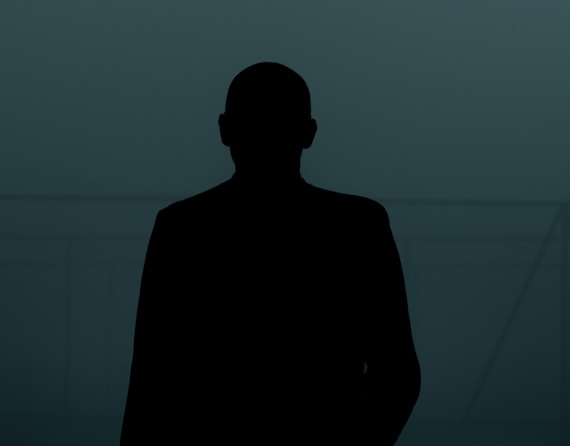
Photo by Xavier Cee on Unsplash
The views expressed in guest posts belong to the author and do not necessarily reflect the editorial policy of Informed Comment.


Photo by Xavier Cee on Unsplash
The views expressed in guest posts belong to the author and do not necessarily reflect the editorial policy of Informed Comment.
Shamai Leibowitz is an Israeli-American adjunct professor of Hebrew at the Defense Language Institute Foreign Language Center. He holds a law degree from Bar Ilan University, and a Master's in International Legal Studies from The Washington College of Law. On Saturdays, he reads the Torah at his synagogue in Silver Spring, Maryland. DISCLAIMER: The views expressed in his articles are solely his, and do not represent the official views of any institution with which he is affiliated.

